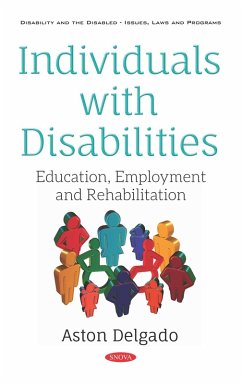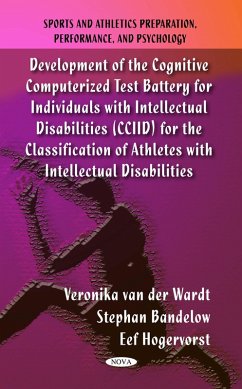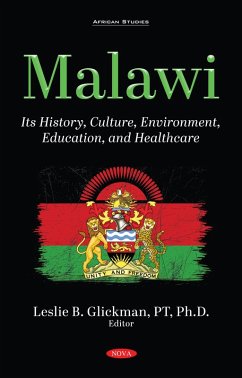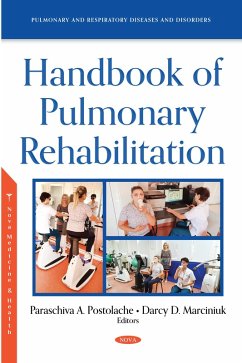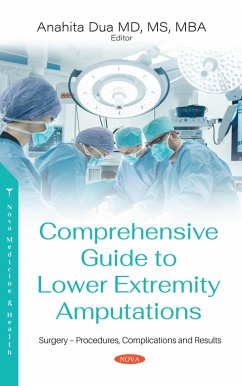Since the enactment of P.L. 94-142, the predecessor legislation to the Individuals with Disabilities Education Act (IDEA), in 1975, the federal government has played a prominent role in encouraging the principle of educational equality for children with disabilities through a permanent, broad-scale federal assistance program. The IDEA is a grants statute that provides federal funding for the education of children with disabilities and requires, as a condition for the receipt of such funds, that states agree to provide a free appropriate public education (FAPE; i.e., specially designed instruction provided at no cost to the parents that meets the needs of a child with a disability) to every eligible child. The transition from high school to the workforce can be a challenging time for students, and particularly for those with disabilities who may need additional services or guidance to achieve their goals. Studies have found that some employers are reluctant to hire people with disabilities, due, for example, to their perceptions about the costs of accommodations or the work capacity of people with disabilities. Studies have also found that many individuals with significant disabilities have been employed in sheltered workshops, where they are segregated from other employees and may be paid less than minimum wage.
Dieser Download kann aus rechtlichen Gründen nur mit Rechnungsadresse in A, B, BG, CY, CZ, D, DK, EW, E, FIN, F, GR, HR, H, IRL, I, LT, L, LR, M, NL, PL, P, R, S, SLO, SK ausgeliefert werden.

